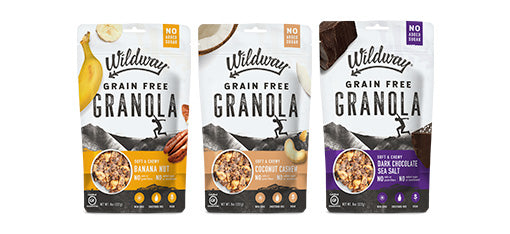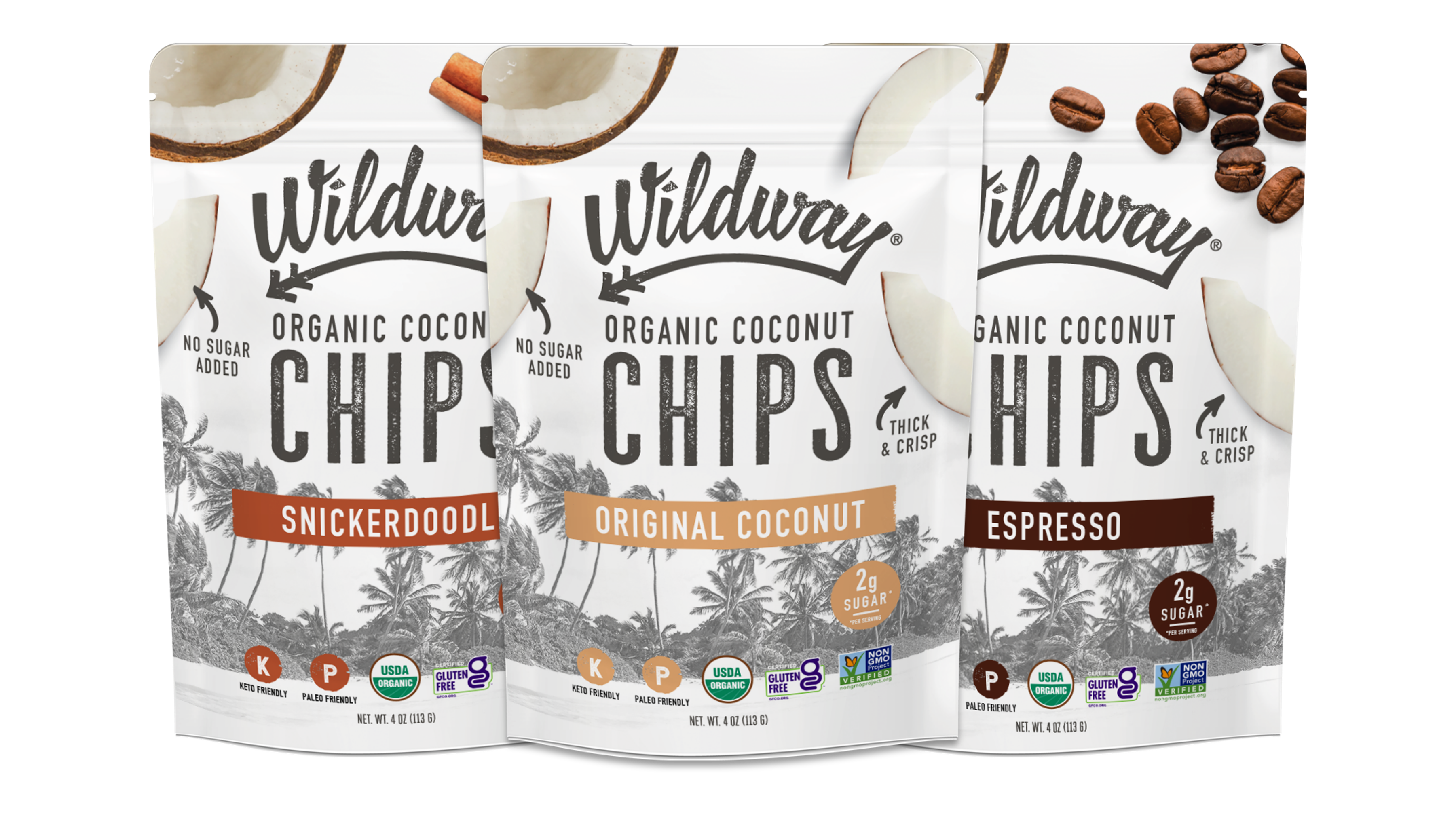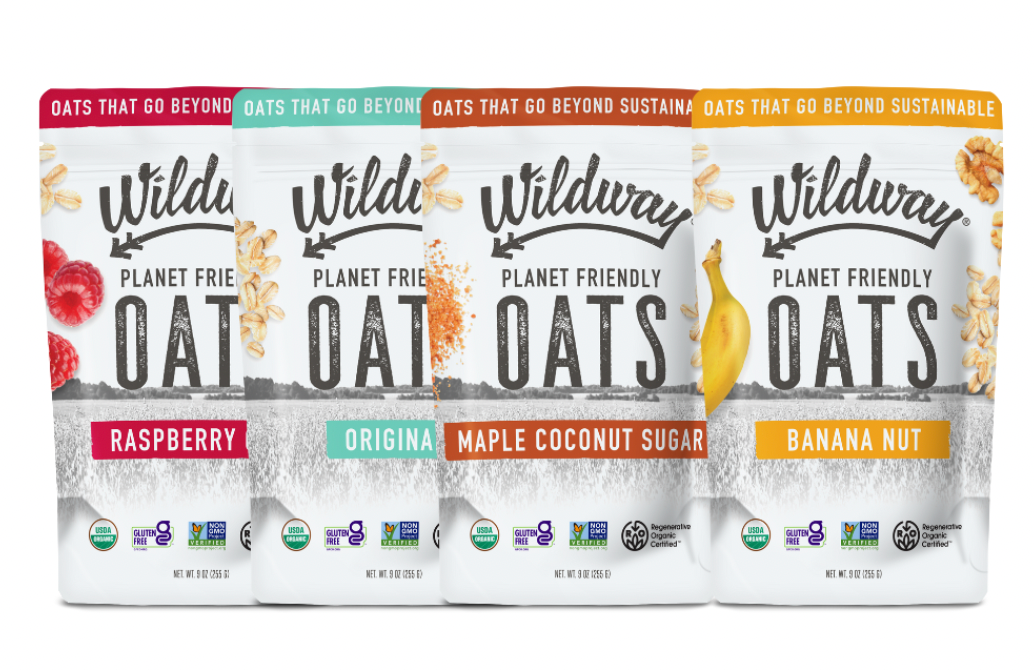What is Celiac Disease?
How Does Someone Get Celiac Disease?
Celiac disease is genetically inherited, meaning that it is passed throughout families. The Celiac Disease Foundation reports that people with a first-degree relative (being a parent, child, or sibling) with celiac disease have a 1 in 10 risk of developing the disease themselves. Similar to many other diseases, celiac disease can develop at any time in a perspn's life.
..
What are the Long-Term Health Effects Associated with Celiac?
Individuals with celiac are likely to experience issues related to nutrient malabsorption, osteoporosis, coronary artery disease, and are 4x more likely to develop small bowel cancers.
When left untreated, celiac disease onset other autoimmune disorders such as type I diabetes, multiple sclerosis (MS), skin conditions such as dermatitis herpetiformis, anemia, infertility, epilepsy, and many more. The implications of celiac span a wide range of disorders effecting many parts of the body.
..
What is the Treatment for Celiac?
Currently, the only treatment option is to adhere to a gluten-free diet. Fortunately, many restaurants and food companies offer gluten-free options individuals with celiac are able to consume and consume a normal diet relative to what they ate prior to diagnosis. However, it is crucial to pay close attention to ingredients in packaged foods and those offered in restaurants. Additionally, some individuals with celiac disease have seen positive changes from eliminating or reducing their intake of proinflammatory foods such as sugar and/or dairy; however, these are not absolutely necessary to remove as gluten is.
Following a gluten-free diet can help heal damage to the small intestine, but it is important to keep in mind this recovery process can take years. Once beginning a gluten-free diet, one can see an improvement in symptoms in just a couple days or weeks depending on the severity of damage. As the small intestine heals, the villi begin to regrow and are able to better absorb nutrients, therefore improving nutrient absorption.
..
What Does a Gluten-Free Diet Look Like?
Rather than stress over what you can't eat, focus on ways you can modify the things you already eat to meet your needs. It's all about compromise! Consuming a gluten-free diet doesn't mean you can't have any baked goods, cereal, desserts, etc. It simply means you have to be careful with what you consume, but you can always get creative in the kitchen with your own homemade goodies.
Another concern to be mindful of when dining out and preparing foods at home with others consuming gluten, is cross-contamination. Cross-contamination occurs when gluten-free items or dishes are prepared using the same utensils and machinery that have previously been used to prepare gluten foods. This is especially important to ask about when dining out to ensure your safety.
A quality gluten-free diet includes all the components of a balanced and healthy diet such as a variety of fruits and vegetables, healthy fats, dairy, different forms of plant-based and animal proteins, and all the Wildway products you desire!
Packaged foods are notorious for sneaking gluten into their products even if not necessary. If a packaged item isn't labeled as gluten-free, then you will want to check the ingredients list to look for ingredients matching those on the "not that: list below.

..
Other helpful resources:
Do You have Celiac Disease? - Symptoms Assessment Tool
10 Surprising Products that Contain Gluten
7 Ways to Recover from an Accidental Gluten Exposure
Pinterest - there are thousands upon thousands of gluten-free recipes on Pinterest to help modify any recipe you wish.








